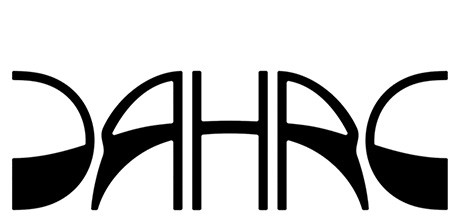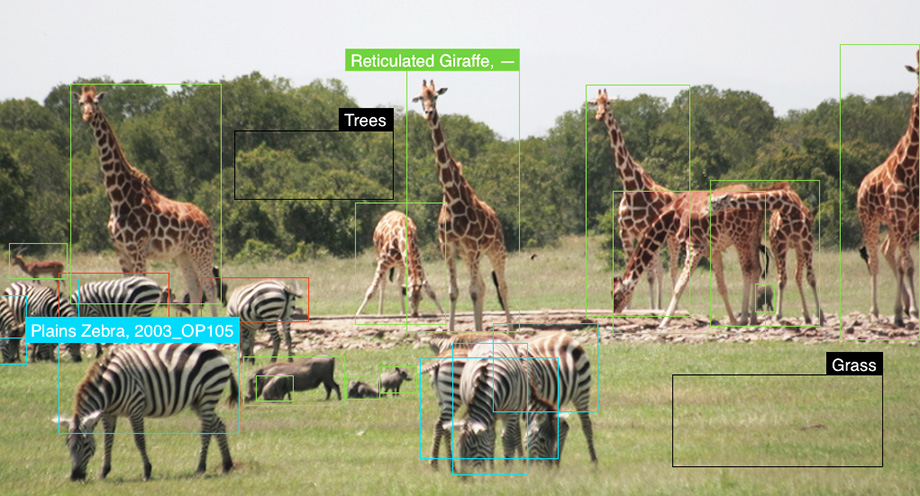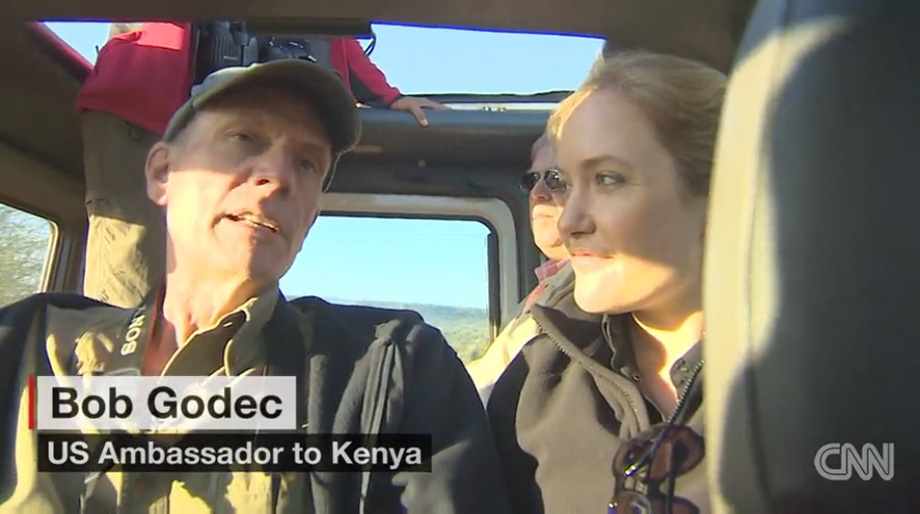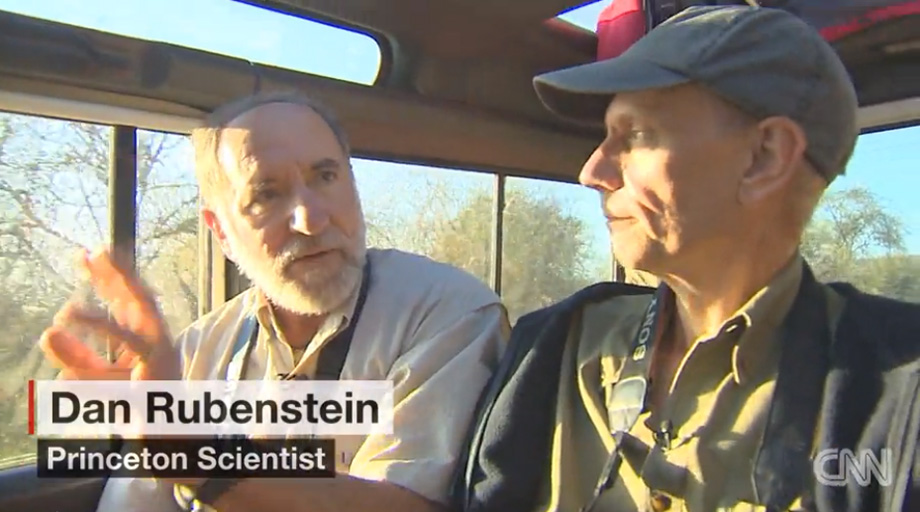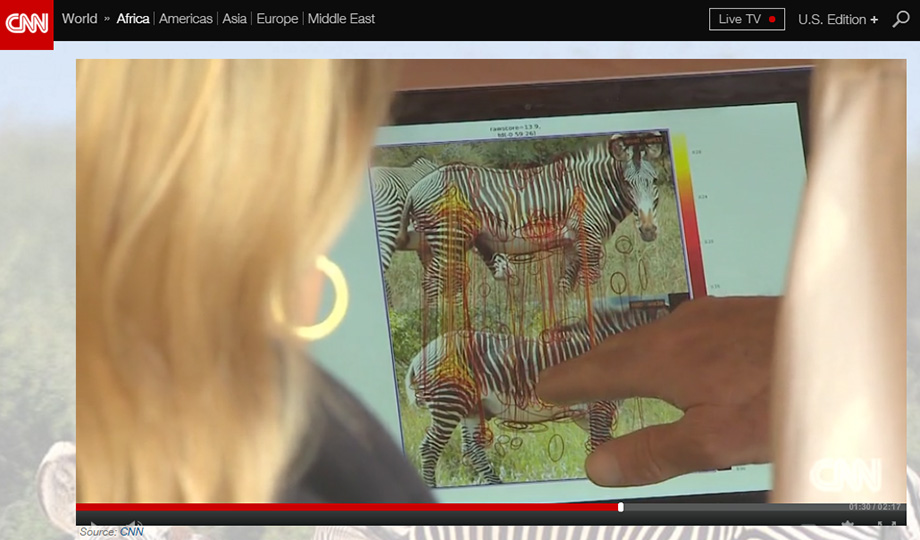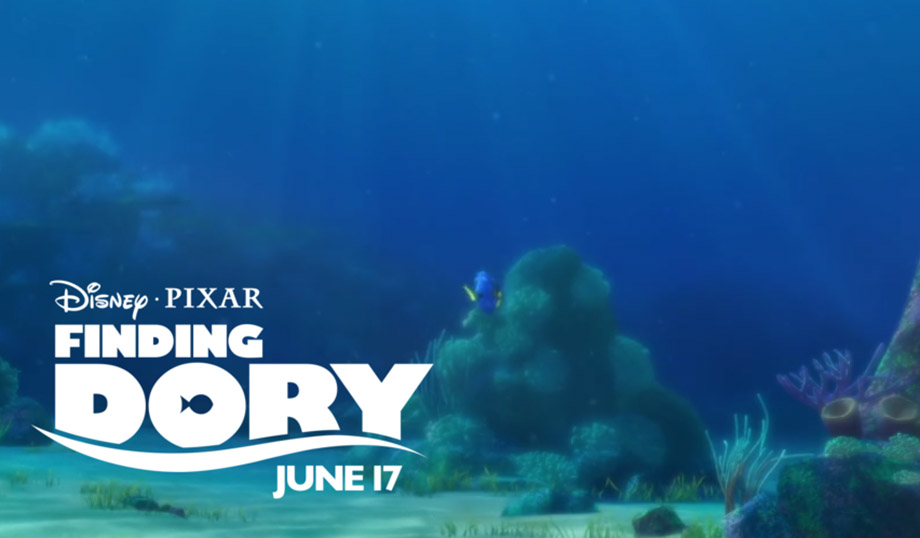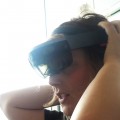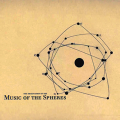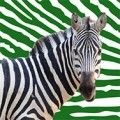Pratt DAHRC has commenced an initiative to collaborate with the IBEIS research group.
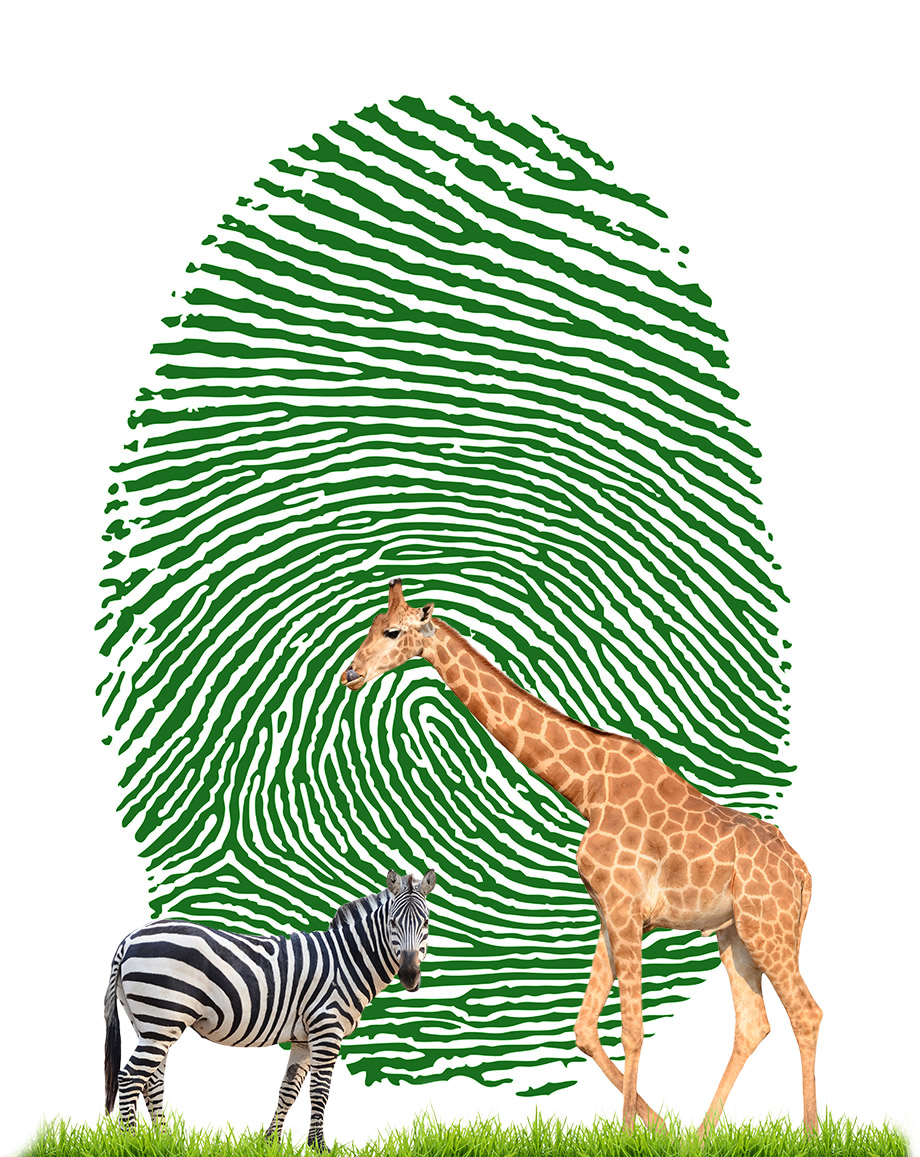
IBEIS stands for Image-Based Ecological Information System. With this technology, it is possible for each animal in the wild to be uniquely identified, named, followed, and observed over time.
Because this technology utilizes the power of computer vision and data science, it is not necessary to attach expensive sensors to the animals. Instead, GPS-capable cameras are all that is needed to identify the animals from a distance.
If you have ever used a fingerprint scanning technology to log onto your phone, your laptop, or get through any doors, you know that machines can read unique visual patterns on your fingers.


The IBEIS research brings together the knowledge and methods from disciplines of Computational Science, Computer Vision, Information Architecture, and Ecology, for the goal of bringing wildlife conservation to the caring hearts and acting hands of the world-wide community of Citizen Science.
Pratt DAHRC has had the past success of working with the Cornell medical scientists in using visualization and storytelling methodology to improve scientific communication and education during the Cornell-Pratt BioVisualization collaboration.
Universities involved in the IBEIS research are University of Illinois at Chicago, Princeton University, Rensselaer Polytechnic Institute, all now collaborating with Pratt Institute, through DAHRC.
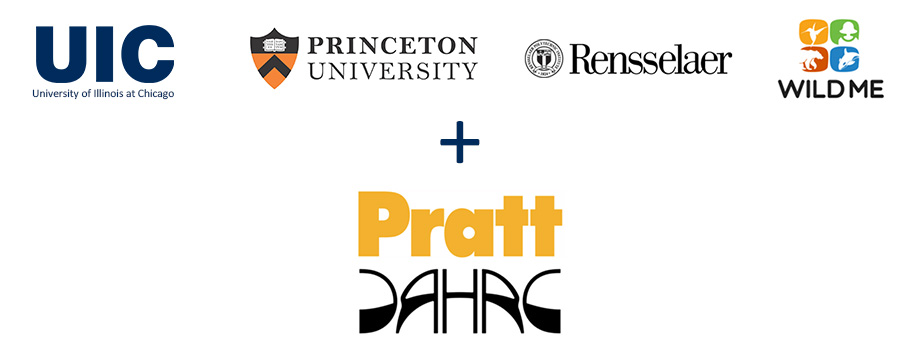
By enhancing the overall user experience with visualization, storytelling, and creative design methods, this collaboration will seek to further expand the knowledge and understanding of everyone involved, hoping to encourage and empower participation of the citizens.
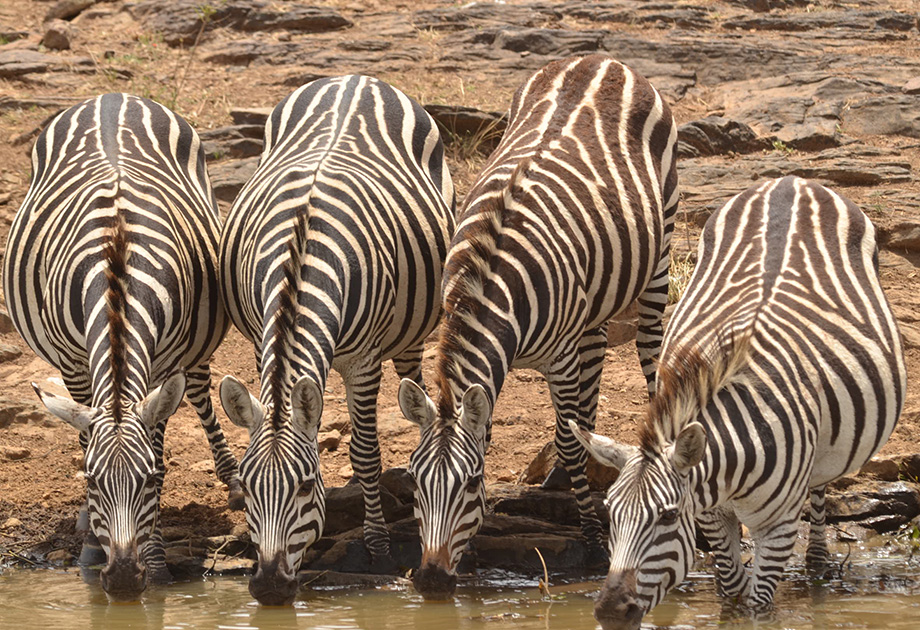
Zebras at waterhole: Photo courtesy of Professor Tanya Berger-Wolf of UIC / IBEIS Researcher
It is wonderful to know that the joy of watching the inflated bubbly zebras is not too separate from the fulfillment which can be obtained by actively contributing to saving the lives of real endangered zebras by the way of participation as citizen scientists.
The recent Great Grevy’s Rally was a success which resulted in 80,000 photos of the Grevy Zebras of Kenya, which are endangered zebras which have more round ears and finer stripes, of which there are only 2,000 left on earth:
Over 120 teams composed of volunteers and local citizens including school children had participated in the event, including Bob Godec, US Ambassador to Kenya, and Professor Dan Rubenstein, Princeton University scientist:
CNN article for the Great Grevy’s Rally is available here:
Agence France-Presse has also reported on the event both in French and English:
Kenya School children participating in the Twiga Tally to count and identify the giraffes. It is apparent that while seeking to help the animals, people also benefit during the process, as well as through the later resulting improvement to the ecosystem:
Along with zebras, some of the animals which have been named as viable candidates for the IBEIS platform are:
- Giraffes
- Sea Turtles
- Geometric Tortoises
- Bobcats
- Snow Leopards
- Manta Ray
- Whale Sharks
- Butterflies
Overall, 50+ species of animals so far are in queue to be addressed by the IBEIS platform.
With sufficient time, resources and ample participation of the citizens, it is conceivable that all animals can be identified, counted, and organized into database to better manage their well-being. After all, accurate identification and count of the animals is the first major step in being able to best take care of them.
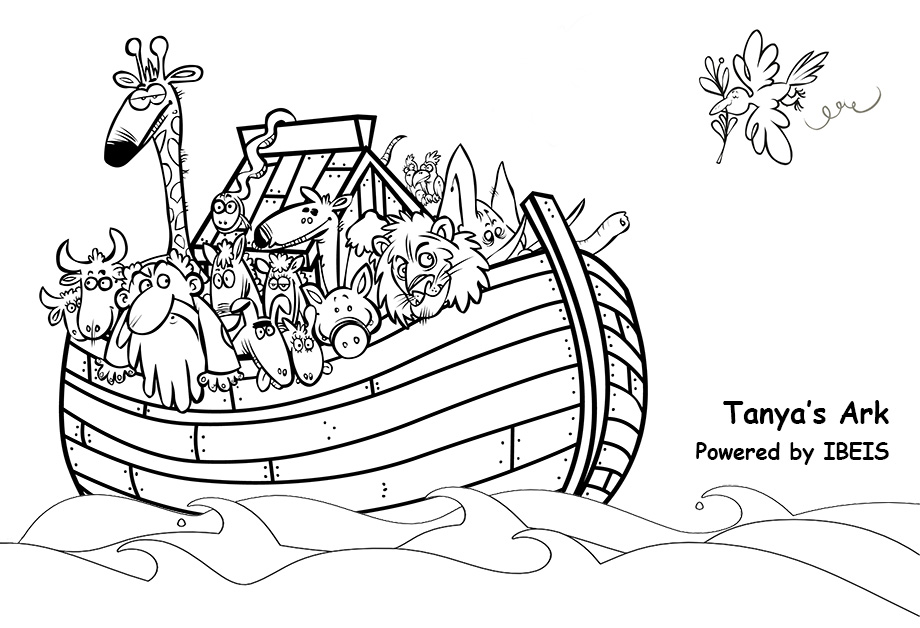
It is notable that one of the animal species under discussion is the Whale Shark:
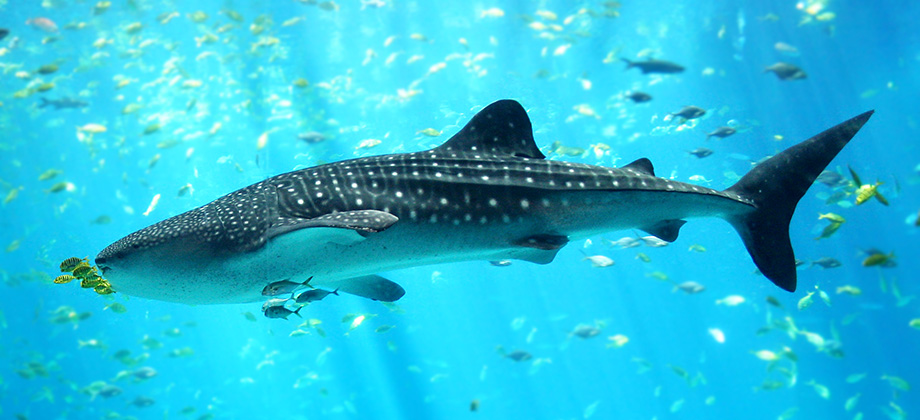
Whale shark is represented by one of the main characters Destiny in the upcoming animation feature film Finding Dory by PIXAR, the long-awaited sequel to Finding Nemo.
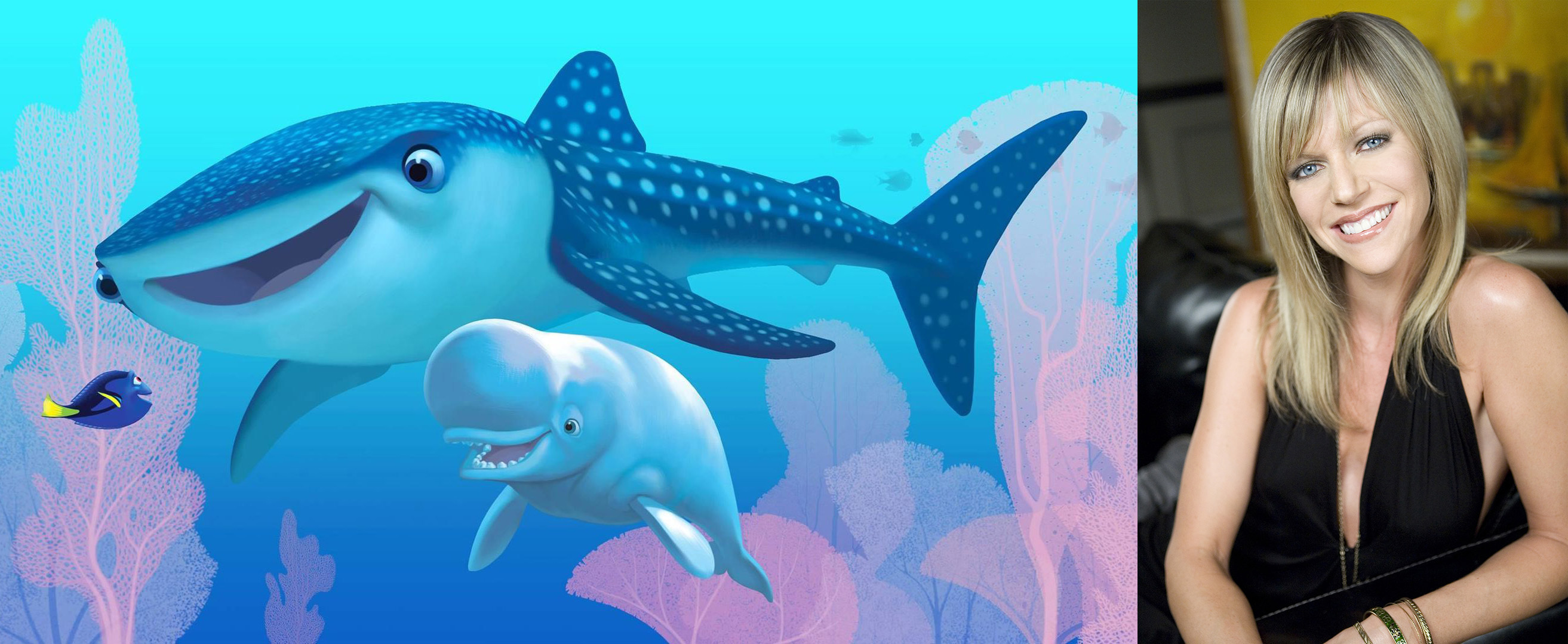
Destiny the Whale Shark, the adopted sister of Dory, is voiced by Kaitlin Olson.
Finding Dory official Trailer:
Ellen DeGeneres, who has been cast to provide the voice acting for Dory and retains quite strong of an opinion on pet fish ownership, officially announced the production for Finding Dory on her show, along with the reminder that she had been tenaciously asking for the sequel to Finding Nemo for the past 12 long years:
CALL FOR PARTICIPATION
Anyone who loves nature, animals, technology, design, stories, or any aspect of this project is encouraged to participate. Please send inquiries to [PrattDigital@Gmail.com].
ACKNOWLEDGEMENT to BLOOMBERG
The IBEIS + Pratt DAHRC collaboration is an example application which acts upon the spirit of the Fauna & Flora NYC project, which had premiered at the BLOOMBERG D4GX(Data for Good Exchange) conference and the STRATA + HADOOP World conference in 2015.
Without the available venue which brought the people together to present and discuss the ideas, the meeting between Pratt DAHRC members and IBEIS group would not have occurred. The Pratt community and IBEIS group graciously thank the Bloomberg organization for bringing together caring scientists and artists to make this collaboration possible.
